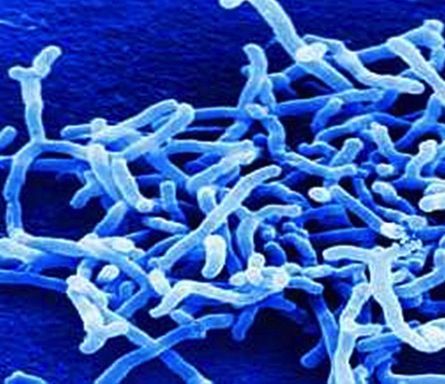Certain probiotic bacteria may be able to counter the consequences of a high-fat, high-sugar diet, and possibly even help in preventing type 2 diabetes, according to Greg Leyer, PhD, a research nutritionist at DuPont Nutrition & Health.
To grasp the potential of probiotics in this context, it’s important to understand two key concepts: first, that gut microorganisms play a central role in metabolism and fat storage, and second, that a high-fat, high-glycemic diets produce major changes in the composition and function of the gut microbiome, explained Dr. Leyer at Nutracon 2013.
There are now 15 studies—both human and animal–showing distinct differences in the intestinal flora between obese and lean subjects. The “obese” microbiome has an increased capacity for energy harvest.
 Further, several studies have shown that fecal transplants from lean to obese subjects can shift metabolism toward a more lean-like pattern. Obese individuals on fat and carb-restricted diets will show gradual shifts in their microbial flora that more closely resemble the microbiome of lean individuals.
Further, several studies have shown that fecal transplants from lean to obese subjects can shift metabolism toward a more lean-like pattern. Obese individuals on fat and carb-restricted diets will show gradual shifts in their microbial flora that more closely resemble the microbiome of lean individuals.
Gut microbiota also regulate insulin sensitivity. Vrieze and colleagues at the Academic Medical Center, Amsterdam, published a study last year showing that transfer of feces from lean donors into people with metabolic syndrome resulted in a measurable and marked improvement in insulin responsiveness. This was accomplished in the absence of any insulin modulating medications (Vrieze A, et al. Gastroenterology. 2012).
Dr. Leyer noted that many autoimmune disorders are more prevalent among females, and that this may reflect gender differences in the composition of the gut microbiome. “Microbiome manipulations can provoke testosterone-dependent protection from autoimmunity in a genetically high-risk rodent model,” he said, reflecting on a recent study of transplantation of gut microbes from male to female animals (Markle J, et al. Science 2013).
“You can blunt the development of type 1 diabetes, which has a marked female predominance. The female mice given a male microbiome transplant had a reduced rate of developing type 1 diabetes. The power of this intervention is quite remarkable. The microbes control the immune system, and they also influence hormone signaling.”







